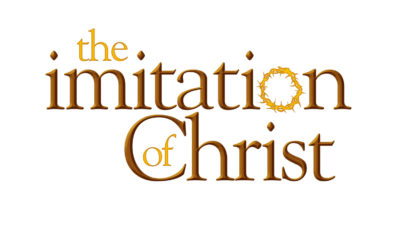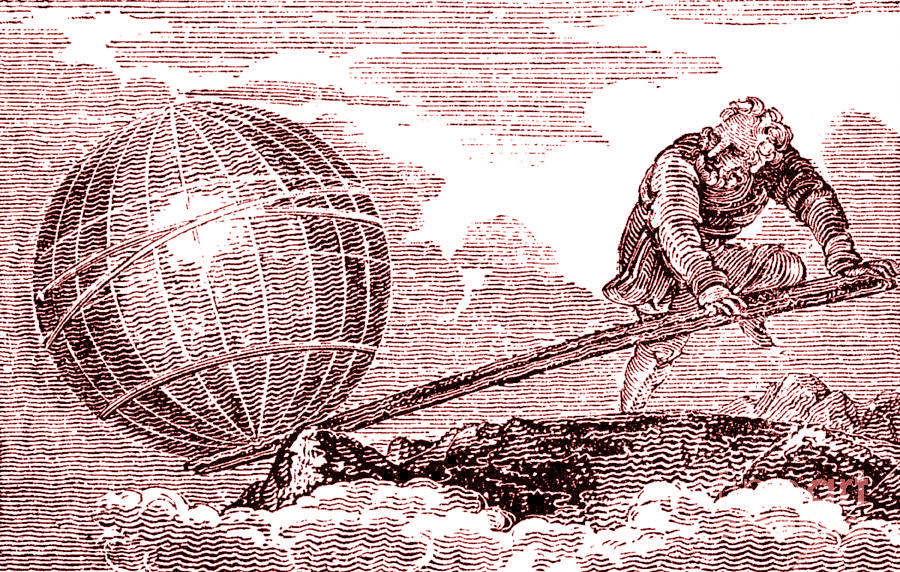Archimedes (287 BC – 212 BC) was undoubtedly the greatest physicist of antiquity. He is perhaps best known for his “law of the lever,” which demonstrates that small forces are able to lift disproportionately large weights. “Give me a place to stand and a lever long enough,” he declared, “and I shall move the world.”
What does this mean in the context of living a life of imitation—especially when the weight of the world is great and we are so small, and when this realization can, at times, be so downright discouraging? The Swiss theologian Hans Küng may have answered this best when he wrote, “Why persevere in the Church when we see how little the Church and society are really renewed because of it; no longer swimming with the current; strength is declining; ideas ignored or met with hostility? We persevere because the vision is true. Because in the light of Jesus’ message, the small size of a group, the limited means, the seeming ineffectiveness of the activity, the work should not be seen as signs of failure. It is precisely in impotence that power, in weakness that strength, in smallness that greatness, and in humility that self-consciousness can be manifested. We can hope against hope, even in the Church. The power of the Gospel of Jesus Christ will prove in the long run to be stronger than all human incompetence, fear and insincerity, and more forceful than all our foolishness, weakness, and cynicism.”
Indeed! The greatest danger posed by our smallness, then, is the smallness of our faith—the smallness of our thinking. But we must always remember: we’re not in this alone—we have both a place to stand and a lever.
John Edmund Hare, Professor of Philosophical Theology at Yale University, brings an appropriately philosophical aspect to this state of affairs when he explained, “Jesus is a model for me of how human life should be. . . But if it’s just a model—and this is Kierkegaard’s point—it produces despair, because I don’t seem to be able to live that way by my own resources. So it’s important to me that with the model comes power to live that way. God actually helps us to live the way God asks us to live. And God forgives us when we don’t. Those two things are very important: the power and the forgiveness. So to Jesus’ life and teachings I would have to add His death and His resurrection. And this is all now within the life of the Church. I think the life of the Church is very helpful, because it’s a community in which we can be held accountable to the standards that Jesus showed for us.”
We should have great confidence, then, that when we live that God-empowered life in community with other believers—believers who seek to follow Jesus’ model—we can, indeed, move the world.




